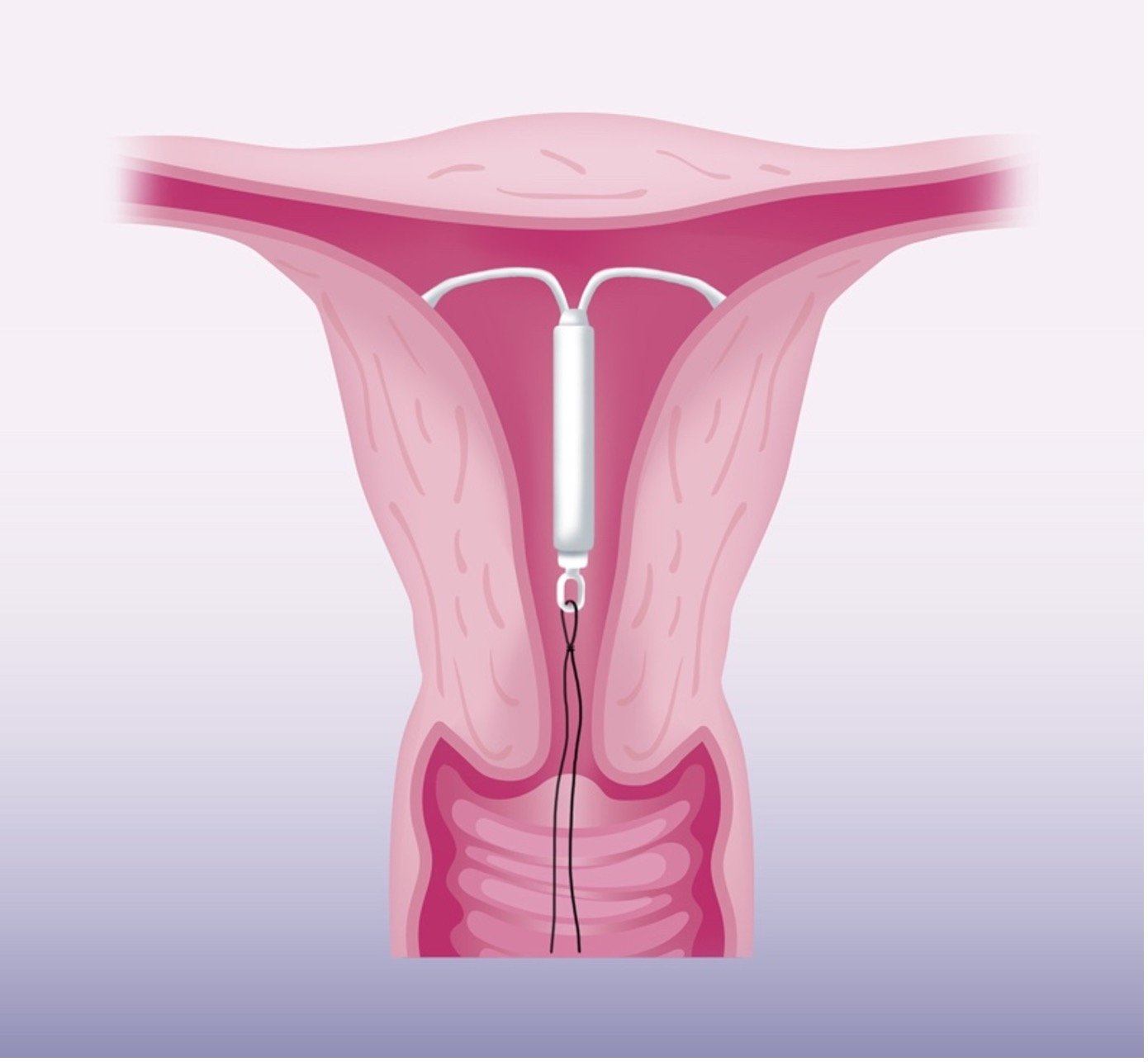Hormonal IUD - Mirena pro's and con's
The Hormonal IUD, (AKA Mirena, Kyleena, and Skyla), is a form of contraception. Its main purpose is to prevent unwanted pregnancies although sometimes used for certain hormonal issues as well. Although it is a hormonal form of contraception, it differs from other forms of birth control (eg like the birth control pill) - it does not exactly suppress ovulation. So how does it work??
How it works:
The IUD is a small T shaped device that is inserted into the uterus through the vagina. The procedure only takes a couple of minutes and is generally done at a doctor's office. It contains progestogen-levonorgestrel, which is a synthetic version of the female sex hormone progesterone (i.e. NOT the same as natural hormones). The synthetic hormone is slowly released, causing the cervical mucus to thicken. Thickening the cervical mucus prevents pregnancy as it creates a non liveable environment for the sperm, blocking it from reaching the egg. Progestogen-levonorgestrel, also causes the lining of the uterus to become thin, altering the uterus wall, which makes it difficult for implantation (implantation is when a fertilised egg attaches to the wall).
Sounds relatively OK right? Let’s look at the pro’s and con’s of the hormonal IUD.
Pros:
It can reduce menstrual flow and lessen period pain.
It releases a lower dose of hormones into the body compared to the pill and implant/rod. In some cases, this allows for natural ovulation. Having natural ovulation is a pro in my eyes as it permits the body to produce its own hormones and have some natural cycles.
You can leave the hormonal IUD inserted for up to 5 years, making it a convenient choice.
The IUD is 99% effective at preventing pregnancy compared to the pill at 91% effective (1,2).
Your fertility is usually returned instantly once the device is removed.
Cons:
Although the synthetic drug released is lower dose than the pill it still has side effects.
Insertion can be very painful. Your uterus is a muscle, and when you place something inside of it, the muscle responds by tightening.
It alters the vaginal microbiome which may increase the chance of thrush, bacterial vaginosis or STI’s. Developing an STI could result in scar tissue and potentially lead to future fertility issues or pelvic inflammatory disease. Although the IUD is a form of birth control, it does NOT protect you against STI/STD
In some cases, it can suppress ovulation which prevents the body from making its own hormones.
Some experience side effects from Levonorgestrel (the synthetic hormone used in the hormonal IUD):
acne,
hair loss,
hirsutism,
depression,
anxiety,
headaches,
yeast infections,
weight gain,
breast changes.
Cons cont….
IUD devices can migrate or perforate. Perforation is when the device protrudes into an organ, such as the uterus and causes severe damage. Migration of the IUD is when the device migrates outside of the uterus and finds its way in other organs and tissues. In some cases, surgical removal is warranted (3). Once an IUD migrates or perforates it is ineffective at preventing pregnancy.
Risk of Pseudotumor Cerebri Injuries. The Mirena can cause an abnormal elevation of cerebrospinal fluid in the skull resulting in Pseudotumor Cerebri also known as intracranial hypertension or high blood pressure in the brain. The excess fluid causes pressure in the skull and you may experience severe headaches, blurred vision, ringing in the ears, neck and shoulder pain. Check out my tik tok about this topic and read the experiences of women in my online community.
There are current lawsuits active, involving women who are suing the company responsible for the Mirena for their negligence to explain how the hormones work and the lack of warnings that the device could cut through organs. Some women had to go through multiple surgeries to fix complications (4).
“ Thousands of women nationwide sued Bayer Pharmaceuticals over Mirena birth control after they say it perforated the uterus, damaged organs and caused pseudotumor cerebri — an abnormal fluid buildup in the skull. These women say Mirena complications led to diminished quality of life and they live in fear of future complications” - DrugWatch
The hormonal IUD is a convenient and effective form of contraception. It has many benefits, like not suppressing ovulation and reducing period pain. However, it does come with its side effects and risks. Some alarming risks have become apparent, especially in recent years due to current lawsuits.
Always consult you doctor or health practitioner to assess if this is right for you.



